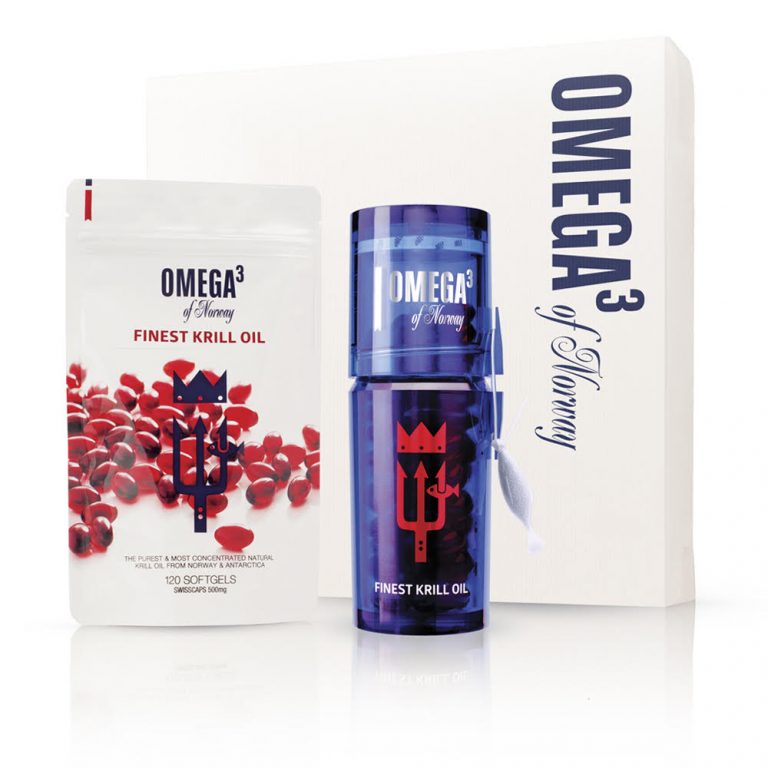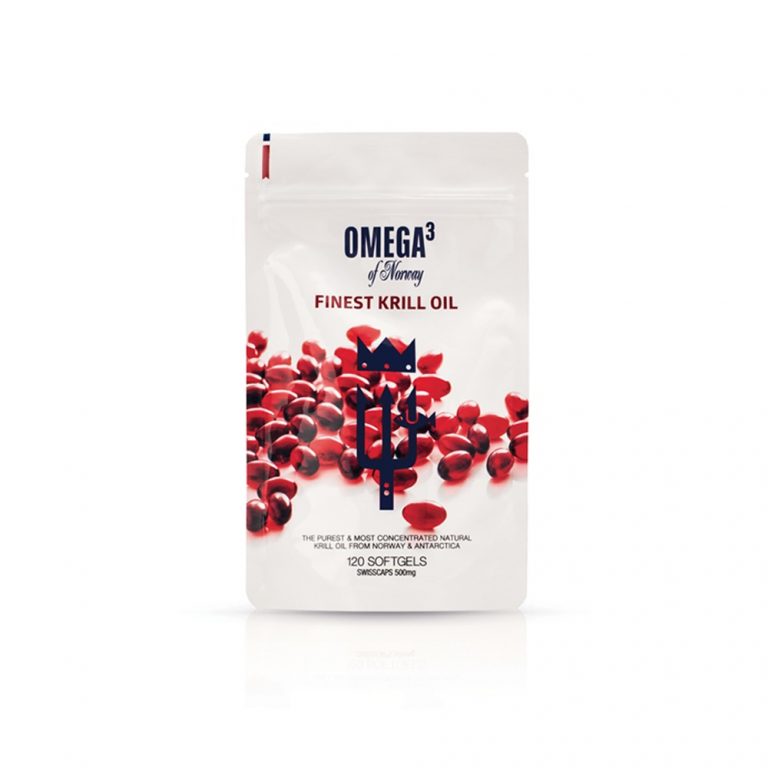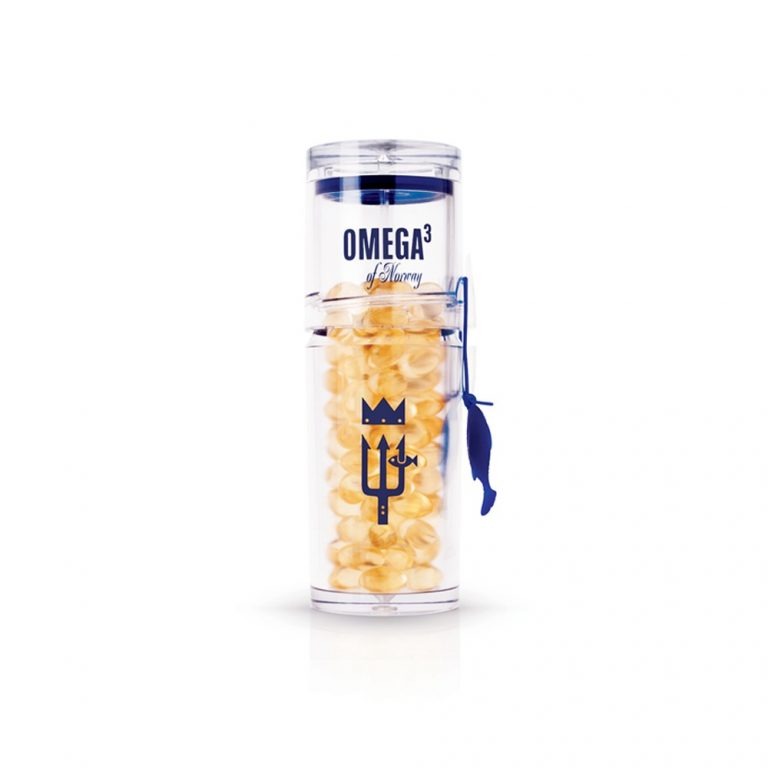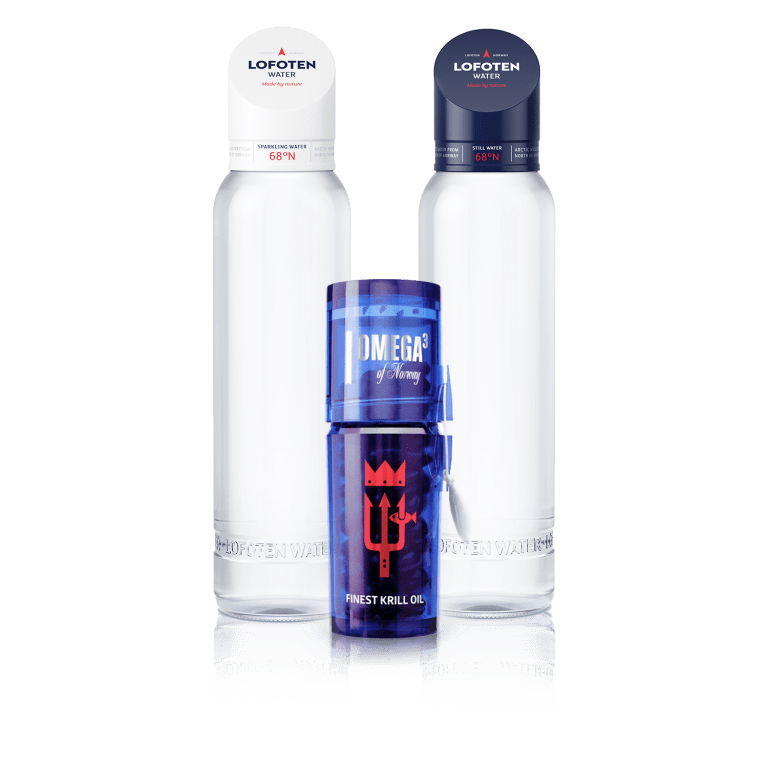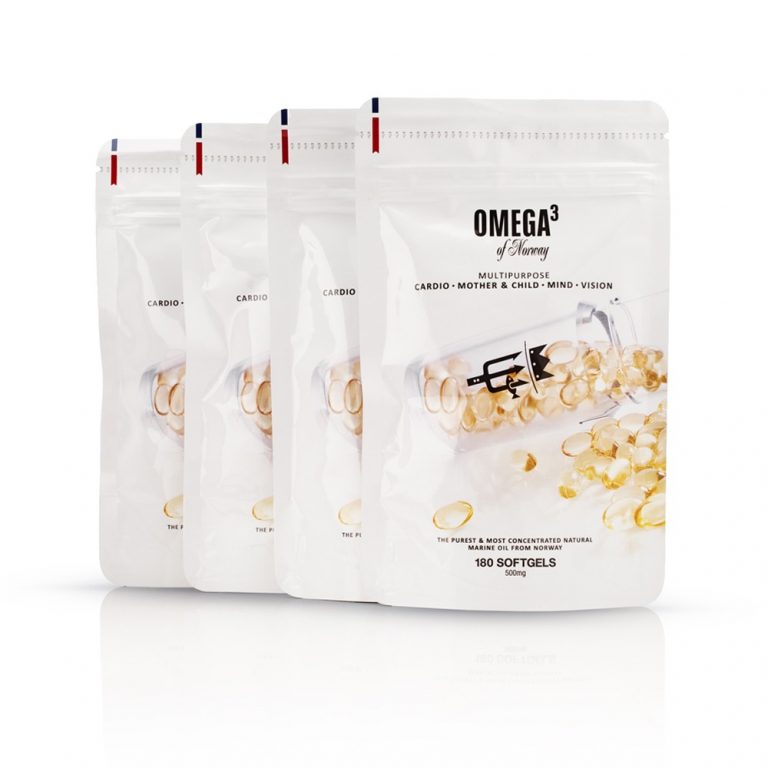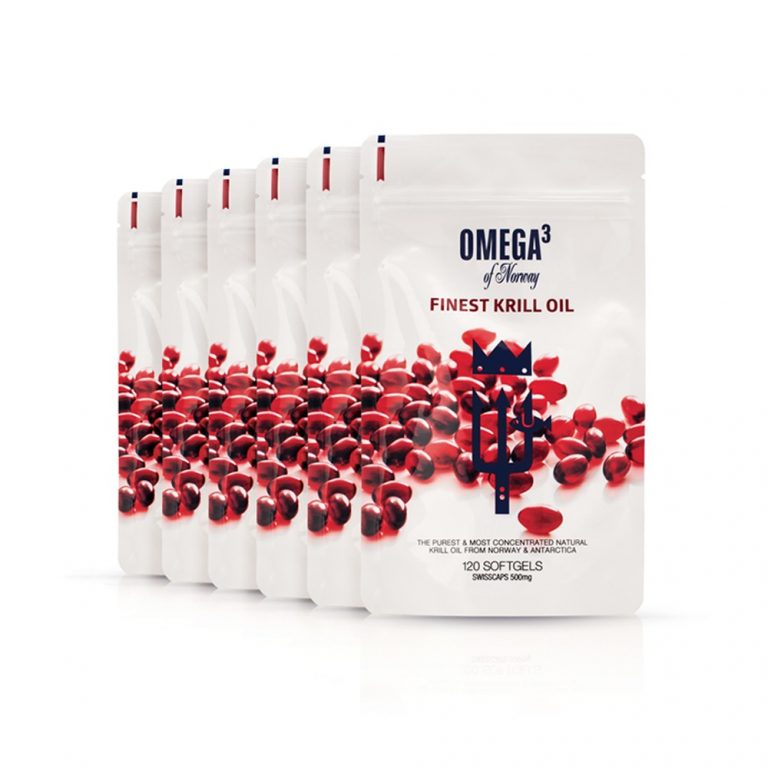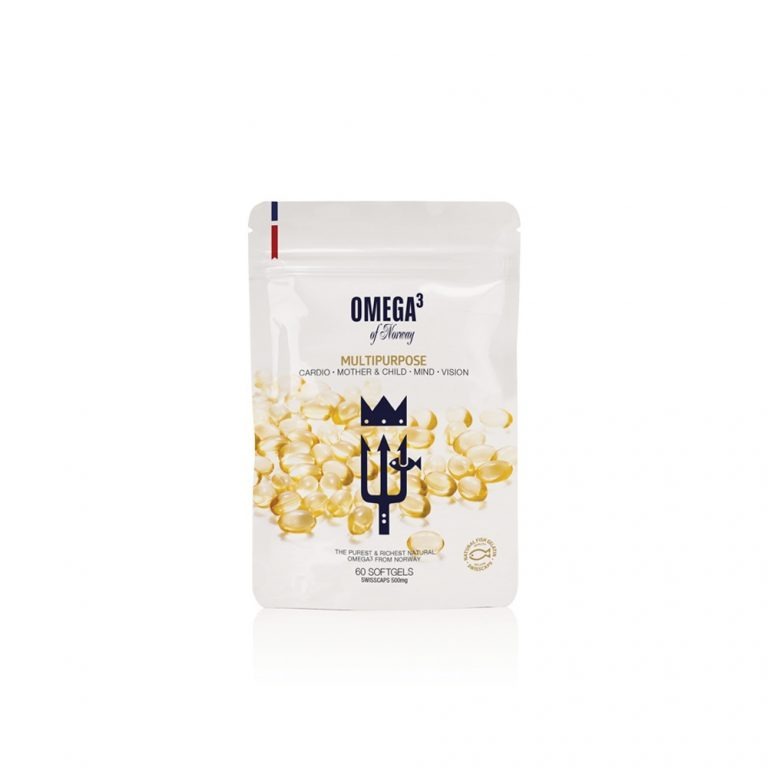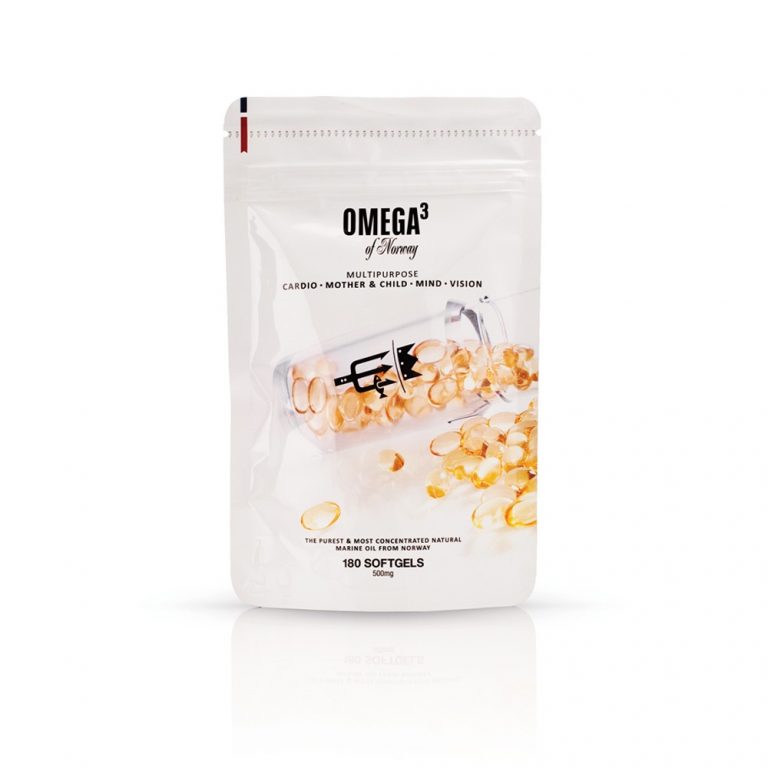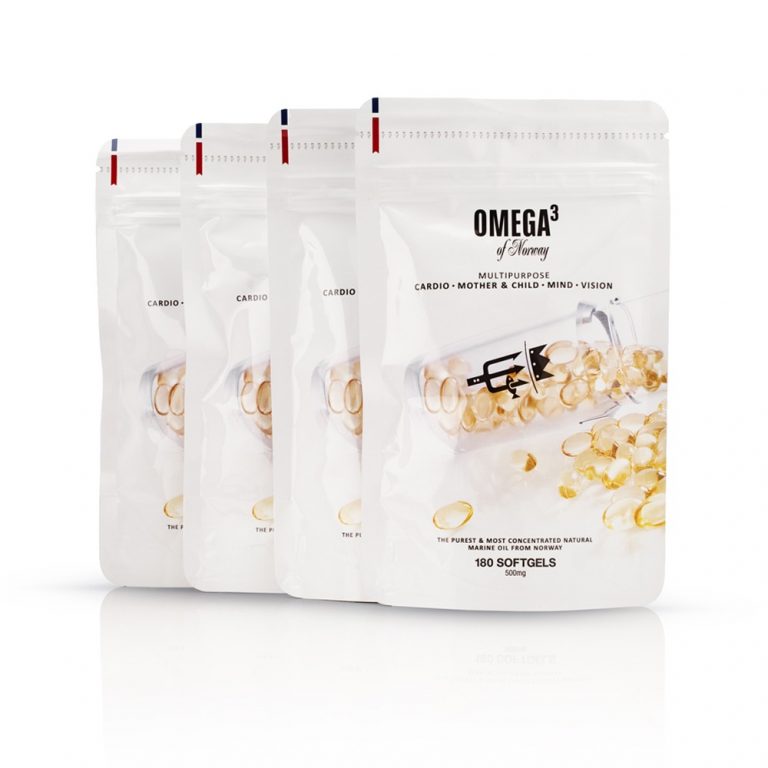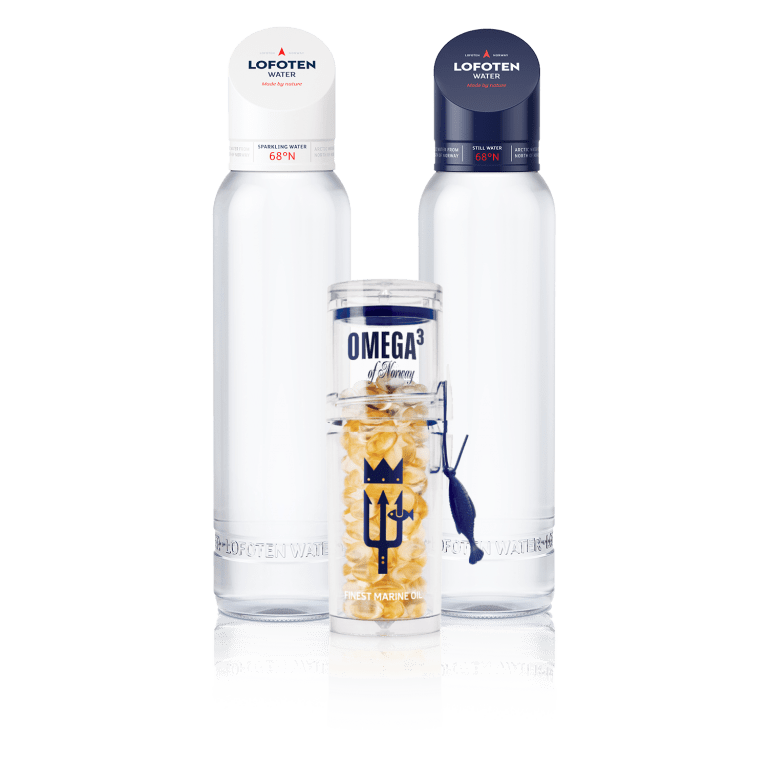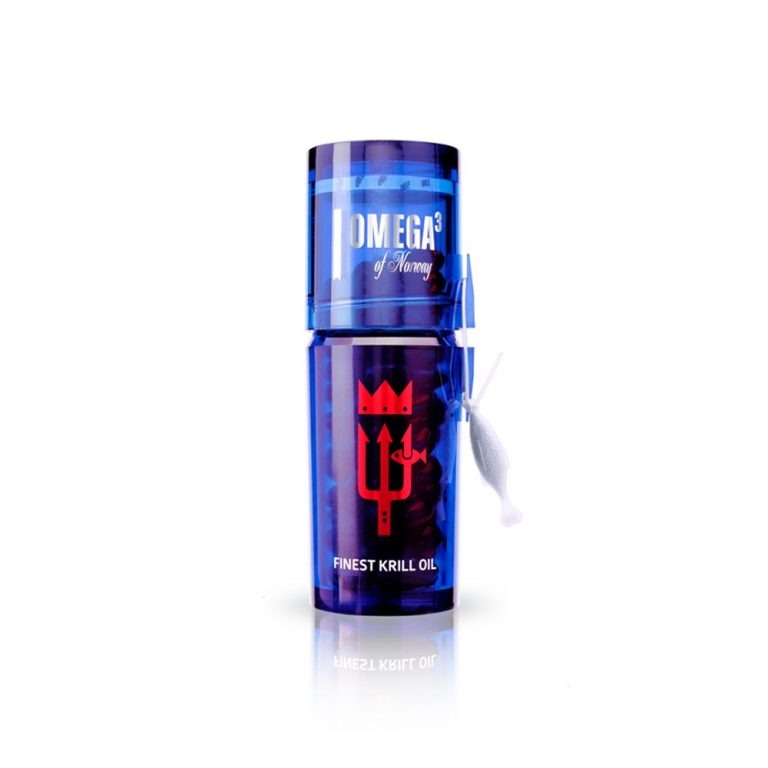Content
- Benefits of omega-3 for dry skin
- How omega-3s help our skin
- More health benefits of omega-3s for your skin
- Conclusion
Omega-3 fatty acids are not just good for heart health, but can also make your skin look younger, cleaner and less wrinkly! These fatty acids are commonly found in oily fish and some other foods like flaxseeds or walnuts, but most people prefer to take a so-called fish oil supplement to easily increase their intake of omega-3s.
These supplements can help your skin to look moisturized and fresh in winter, while new research even suggests that it may be beneficial for conditions like acne or dermatitis.
So, do something good for your skin during these cold winter months and try out omega-3! So, you can look as good as you feel.
Benefits of omega-3 for dry skin
During the winter months our skin goes through a lot. Icy winds, snow and the dry heat indoors can really take its toll and make our skin dry, flaky and red. While it is tempting to just slather on cream after cream, there is evidence that our nutrition greatly influences our skin and therefore our looks, too. So, if you are looking to moisturize your skin, try moisturizing it from within!
Extra moisture during winter
The most important thing is to increase your fluid intake if you feel your skin drying out a lot. Be it teas, soup or just water, increasing the amount of liquids you drink is really important to keep your body well-hydrated from within in winter.
The skin is our biggest organ and composed of millions of small cells, that make up all of our body. Those cells are encapsulated by a membrane, which is essential not only for water retention within the cells, but a healthy cell membrane is also important for letting nutrients pass into the cell and for transporting waste products out of it. A healthy cell membrane helps our cell to retain more water, which leads to a plumper looking skin and a more glowing and youthful appearance of your skin overall. It may even reduce wrinkles, redness and itchiness, not just in winter but all year around.
Healthy skin looks beautiful – get that glow!
Omega-3 fatty acids are important components of our skin cell membranes and making sure we have enough of those fats in our metabolism can improve the barrier function of the skin and support it in retaining more water, keeping it moisturized and in some cases even improve the symptoms of dermatitis and acne. Omega-3s have shown to improve elasticity and texture of the skin, and there is evidence that supplementing with omega-3 may have a positive effect on the hydration levels of the skin. This is because a healthy skin barrier prevents water loss and foreign substances from getting absorbed, which might irritate deeper layers of our skin. Factors that weaken our skin barrier are stress or sleep deprivation. We can help our skin to remain strong by eating a healthy and balanced diet, sleeping enough and maybe even supplementing with omega-3 fish oil or krill oil capsules. Next to our skin, fish oil supplements and the fatty acids it contains may also improve the appearance of your hair and nails!
A mood boost through food
But this is not everything omega-3s can do for your skin in the winter. It also improves the mood and is beneficial for the brain health, both important factors during this darker time of the year. Here we wrote a whole article on the positive impact of omega-3s on our mental health. Next to that, omega-3 fatty acids have also been shown to have a positive impact on our immune system and overall health, because of their anti-inflammatory properties.
How omega-3s help our skin
Now that we talked so much about the health benefits of omega-3 fatty acids, let’s explain what they are. They are a type of fat, their name derives from the location of the double-bond in their molecular structure. There are several omega-3 fatty acids out there but when we talk about omega-3 supplements, fish oil or krill oil, we generally refer to two specific ones called eicosapentaenoic acid (EPA) and docosahexaenoic acid (DHA).
DHA and EPA: what they are and where to find them
They are so-called long-chain polyunsaturated fatty acids, which naturally occur in fish, shellfish and some algae. There is also a plant-based omega-3 fatty acid called ALA, which our body can transform into EPA and DHA but only at a very low rate. It can therefore be more efficient to consume DHA and EPA directly through seafood or via a supplement. Here we wrote in more detail about these different types of omega-3s!
Omega -3: a healthy all-rounder
DHA and EPA are most famous for their positive impact on heart health because they can help to lower elevated triglyceride levels, improve joint pain in people with rheumatoid arthritis and may even reduce the risk of heart attacks and strokes because of their positive effects on our cardiovascular system. But that is not all, a 2018 review noted, that fish oil and its components EPA and DHA support the overall health of the skin. It does that by improving the skin’s barrier function that we already talked about above, but it also helps to prevent inflammation, particularly from UV rays and may promote skin healing.
Other benefits of omega-3 fatty acids are linked to their anti-inflammatory nature, that may reduce inflammations in our metabolism which contribute to the ageing process of our body. This also impacts our immune system or can even help with conditions like acne. Let’s look at that in a bit more detail.
More health benefits of omega-3s for your skin
Omega-3 fatty acids are not just super healthy for our heart and metabolism but also play a role in our immune responses and can even impact our resistance to UV rays from the sun!
EPA, DHA and our gut bacteria – make your skin glow
New research suggests, that the microbes in our gut can have a direct impact on how our skin behaves and looks like. A well-balanced gut microclimate so to speak, can give your skin a smooth look at youthful appearance.
Through the so-called gut-skin axis, our nutrition directly influences how we look like. A diet low in sugar that contain lots of probiotics and nutrients or compounds like selenium, zinc, collagen and omega-3 fatty acids have been linked to healthier looking skin. Some studies even show that increased consumption of fish or supplements containing omega-3s can promote the growth of good bacteria in our guts, which are believed to improve our overall health. But happy gut microbes do much more than just make us look good and make our skin glow! They also support our immune system, help us to heal faster and reduce UV damage.
Inflammation, acne and dermatitis
Like we mentioned above, omega-3 fatty acids can have an impact on our skin barrier that helps to retain moisture and soften rough and dry skin and is even believed to have a soothing effect on irritation and dermatitis. But omega-3s can also regulate the skin’s oil production and consuming them can also improve the fatty acid composition of our skin, while also regulating our inflammatory response, which makes our skin stay softer and less inflamed. Omega-3 fatty acids are strong anti-inflammatories, which at first sight, does not have a lot to do with our skin.
But skin conditions like acne or rosacea are caused by inflammations, so omega-3s might be able to work as treatment for such conditions.
Inflammation compounds are also involved in the ageing process of the body, so the anti-inflammatory properties of omega-3 might be able to affect how the skin looks and feels like because they can regulate these inflammations up to a certain point.
Omega-3 helps you stay safe in the sun
Overexposure to the UV A and UV B rays of the sun can damage our skin, cause it to age faster and might even contribute to the development of skin cancer. Some studies have shown that the regular intake of omega-3 can boost the immunity of our skin to UV damage and skin cancer and help to make our skin more resistant to UV rays and sunburn. Of course, protection from UV rays with sun block and protective clothing cannot be replaced by anything, but it has been shown, that the oral consumption of these fatty acids can provide some additional protection and benefits. If you’d like to know more about this specific topic, here we wrote a whole article about that.
Conclusion – Does omega-3 improve skin?
Whether you suffer from dry skin or just want your skin to glow more, taking omega-3 supplements might be well worth a try! They are full of benefits for your mind and body and new research also suggests, that they can improve the appearance of your skin, making it look more moisturized and younger, while even improving its resistance to sunburn.
Improving skin health and appearance is now another point on the long list of health benefits of omega-3 fatty acids so make sure to browse our shop to find the perfect product for you.









